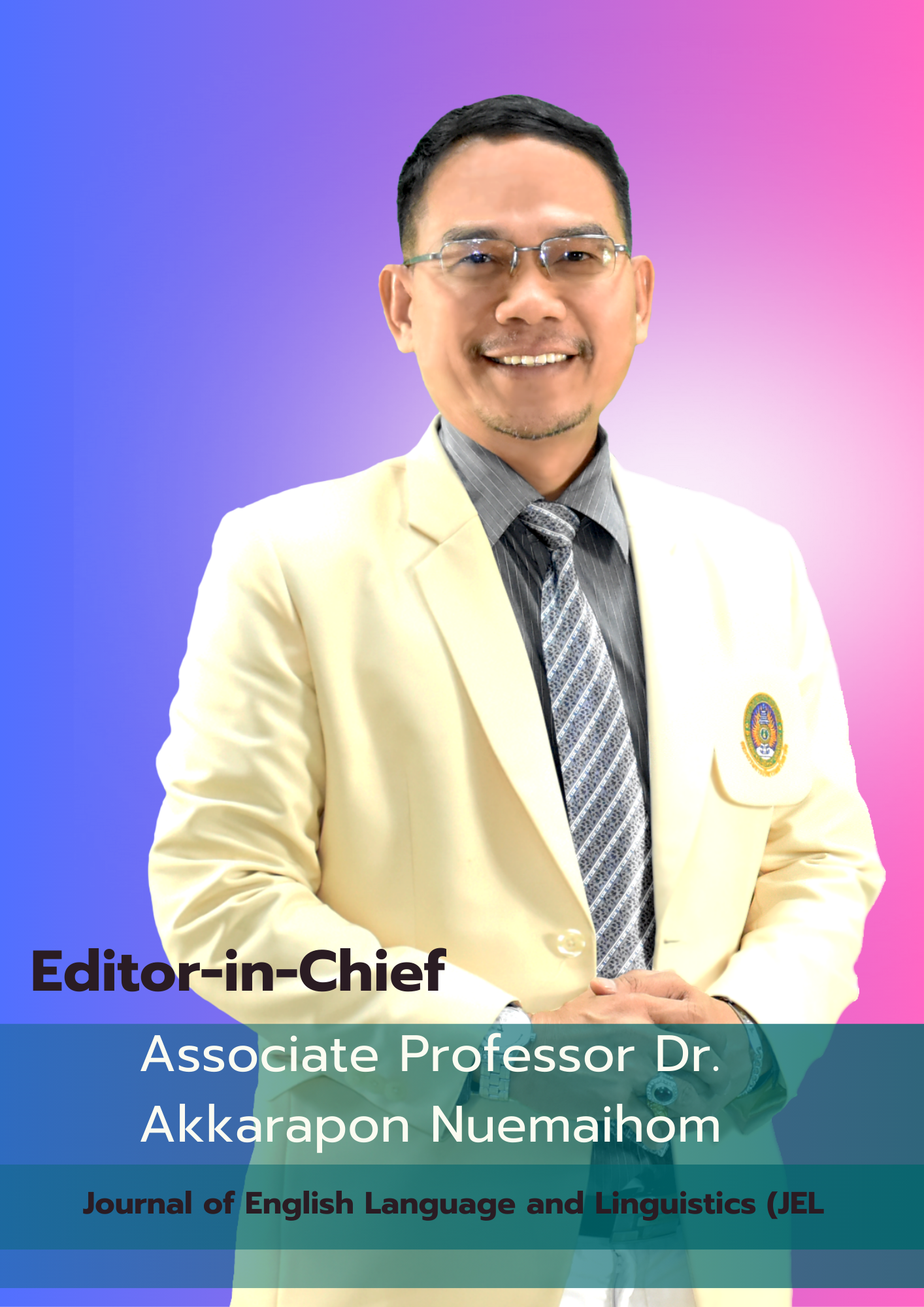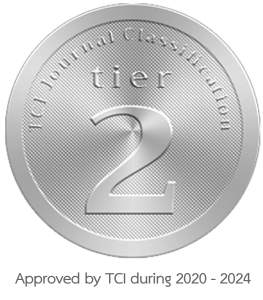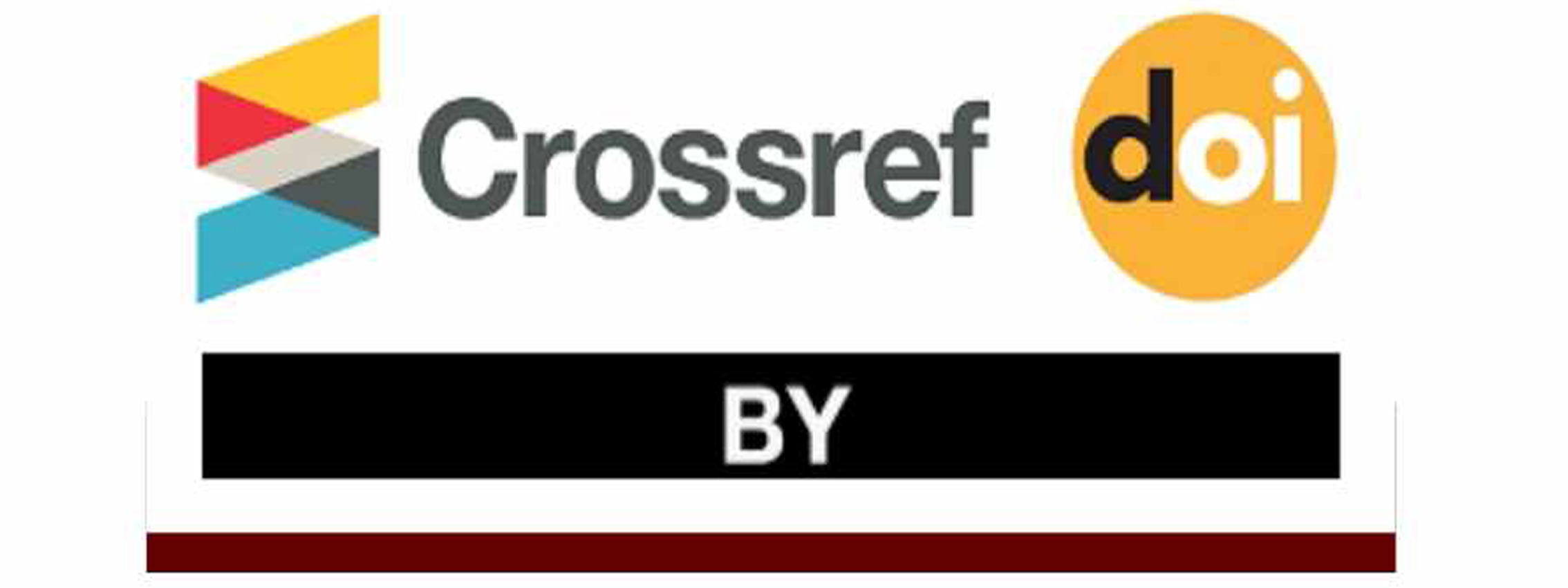Thai EFL students’ efficacy of business English presentation skills through peer-assisted learning in an online platform
DOI:
https://doi.org/10.62819/jel.2025.1197Keywords:
business English, online learning, peer-assisted learning, presentation skillsAbstract
This mixed-method study investigates the efficacy of Peer Assisted Learning (PAL) in enhancing business English presentation skills among Thai EFL students within an online learning platform, integrating both quantitative and qualitative data to evaluate the impact of PAL on students' performance and confidence levels before and after the intervention. A 5-point Likert-scale questionnaire and pre- and post-tests were administered to 65 first-year students majoring in Business English at a public university in Chiang Mai, Thailand. The findings revealed significant improvements in students' presentation skills and confidence. Before the intervention, the students had low mean scores in presentation experience (x̅ = 2.72), process understanding (x̅ = 2.85), essential presentation skills (x̅ = 2.49), and presentation delivery (x̅ = 2.46). Despite valuing these skills (x̅ = 4.22), their confidence (x̅ = 2.94) and emotional readiness (x̅ = 3.51 and x̅ = 3.32) were modest. Following the PAL intervention, students showed significant improvements in business English presentation skills and confidence, with mean scores rising from 2.85 to 3.98 for presentation process understanding, 2.49 to 4.16 for essential skills, and 2.46 to 3.76 for delivery ability. Confidence-related scores also increased from 2.94 to 3.57 for speaking confidently and 3.51 to 3.94 for emotional control, while all changes were statistically significant (p < 0.001). Qualitative feedback further highlighted the benefits of collaborative learning, though challenges such as coordinating group work online were noted. Overall, the study concludes that PAL is an effective strategy for enhancing business English presentation skills in an online context. It also provides valuable insights for curriculum design and instructional approaches in language education.
References
Alcoy, J. C. O., & Atthasit, A. (2024). Students’ perception of face-to-face and online instruction in foreign language learning. THAITESOL Journal, 37(1), 72–90.
Anderson, T. (2004). Towards a theory of online learning. In T. Anderson & F. Elloumi (Eds.), Theory and practice of online learning (pp. 109–119). Athabasca University Press.
Ariffin, K., Darus, N. A., & Abdul Halim, N. (2022). Learning in the virtual environment: Instructors’ strategies in enhancing interaction in ESL online classes. Learn. Journal, 15(2), 412–435.
Bonwell, C. C., & Eison, J. A. (1991). Active learning: Creating excitement in the classroom. ASH#-ERIC Higher Education Report No. 1. The George Washington University School of Education and Human Development.
Boud, D., Cohen, R., & Sampson, J. (2014). Peer learning in higher education: Learning from and with each other. Routledge.
Chantaraphat, Y., & Jaturapitakkul, N. (2023). Use of peer tutoring in improving the English speaking ability of Thai undergraduate students. Reflections, 30(3), 826–849. https://doi.org/10.61508/refl.v30i3.268771
Cooperative, H. C. T. I. (2009, December). What is cooperative learning?
https://www.eduhk.hk/aclass/Theories/cooperativelearning.pdf
Devere Bacon, E., Satienchayakorn, N., & Prakaiborisuth, P. (2021). Integrating seamless learning within a peer-assisted learning center to develop student English academic writing skills. Reflections, 28(2), 147–167. https://doi.org/10.61508/refl.v28i2.251147
Dörnyei, Z. (2007). Research methods in applied linguistics: Quantitative, qualitative, and mixed methodologies. Oxford University Press.
Duff, P. A. (2008). Case study research in applied linguistics. Lawrence Erlbaum Associates.
Felder, R. M., & Brent, R. (2007). Cooperative learning. In P. A. Mabrouk (Ed.), Active learning: Models from the analytical sciences (ACS Symposium Series, Vol. 970, pp. 34–53). American Chemical Society. https://doi.org/10.1021/bk-2007-0970.ch004
Felder, R. M., & Brent, R. (2009). Active learning: An introduction. ASQ Higher Education Brief, 2(4), 1-5.
Focus language audit. (2024, June 14). Proficiency in Business English: A Cornerstone of Success in Today’s Global Workplace. Focus Language Audit. https://focusaudits.eu/proficiency-in-business-english-a-cornerstone-of-success-in-todays-global-workplace/
Gong, W. (2023). Enhancing ESL learners’ literacy by peer-assisted learning strategy of online English news. Frontiers in Psychology, 14, Article 1172099. https://doi.org/10.3389/fpsyg.2023.1172099
Hampel, R., & Stickler, U. (2015). Developing online language teaching: Research-based pedagogy and practice. Palgrave Macmillan.
Konchiab, S., & Munpanya, P. (2021). Investigating Thai EFL undergraduates’ oral presentation performances and experiences using teacher and student self-assessments. THAITESOL Journal, 34(1), 96–117.
Lan, Y. J. (2007). Mobile-device-supported peer-assisted learning: A case study of EFL reading in elementary school. Educational Technology and Society, 10(3), 209–223.
Lan, Y.-J., Sung, Y. T., & Chang, K.-E. (2007). A mobile-device-supported peer-assisted learning system for collaborative early EFL reading. Language Learning and Technology, 11(3), 130–151. https://doi.org/10.64152/10125/44121
Mackey, A., & Gass, S. M. (2016). Second language research: Methodology and design (2nd ed.). Routledge.
Min, H.-T. (2005). Training students to become successful peer reviewers. System, 33(2), 293–308. https://doi.org/10.1016/j.system.2004.11.003
Pandey, V. K., Shukla, R., & Pandey, S. (2022). The importance of presentation skills for employability. IUP.
Petress, K. (2008). What is meant by “active learning”? Education. Journal of Soft Skills, 16(1), 128(4), 31–36.
Peungcharoenkun, T., & Waluyo, B. (2024). Students’ affective engagements in peer feedback across offline and online English learning environments in Thai higher education. Asian-Pacific Journal of Second and Foreign Language Education, 9(1). https://doi.org/10.1186/s40862-024-00286-w
Poolperm, R., & Boonmoh, A. (2024). Differences in Thai students’ anxiety when speaking English in onsite and online classrooms. THAITESOL Journal, 37(1), 1–23.
Ross, M. T., & Cumming, A. D. (2013). Peer-assisted learning. In A practical guide for medical teachers (4th ed., pp. 134-141). Churchill Livingstone Elsevier.
Sato, M., & Ballinger, S. (2016). Peer interaction and second language learning: Pedagogical potential and research agenda. John Benjamins Publishing Company.
Sunggingwati, D. (2018). Cooperative learning in peer teaching: A case study in an EFL context. Indonesian Journal of Applied Linguistics, 8(1), 149–157. https://doi.org/10.17509/ijal.v8i1.11475
Topping, K. J. (2005). Trends in peer learning. Educational Psychology, 25(6), 631–645. https://doi.org/10.1080/01443410500345172
Tsai, C.-C., & Piamsai, C. (2025). The use of peer assessment and non-scripted role-play activities in improving Thai EFL high school students’ English oral performance. rEFLections, 32(1), 436–461. https://doi.org/10.61508/refl.v32i1.280246
Vygotsky, L. S. (1978). Mind in society: The development of higher psychological processes. Harvard University Press.
Waluyo, B., & Panmei, B. (2024). Students’ peer feedback engagements in online English courses facilitated by a social network in Thailand. Journal of Technology and Science Education, 14(2), 306–323. https://doi.org/10.3926/jotse.2305
Wattanamongkolsuk, P., Khundejamorn, S., & Buranapong, P. (2017). Peer-assisted learning in English grammar teaching: A case study. Journal of Education and Learning, 6(3), 123–134.
Zhou, W. (2021). How collaborative learning supports ESL learners’ development of higher-order thinking skills. CATESOL Journal, 32(1), 45–58.


















